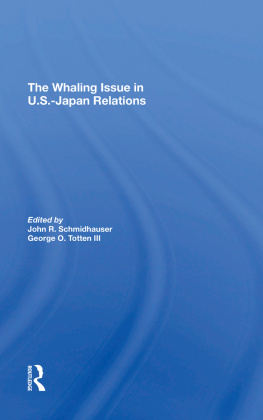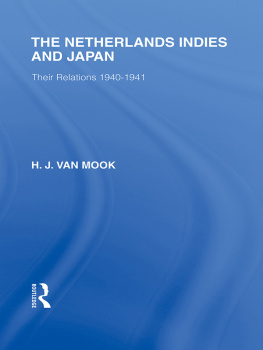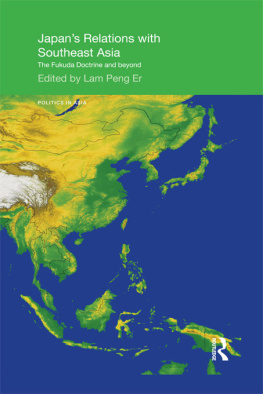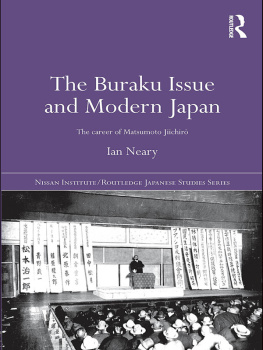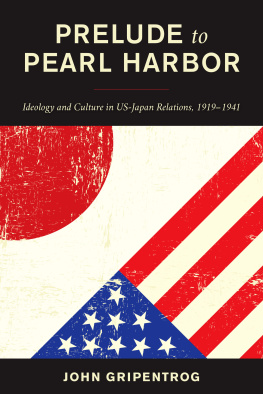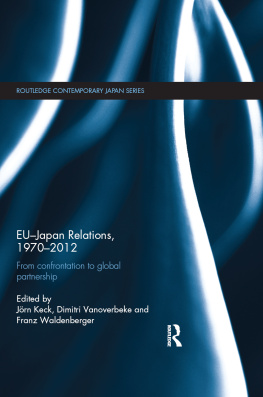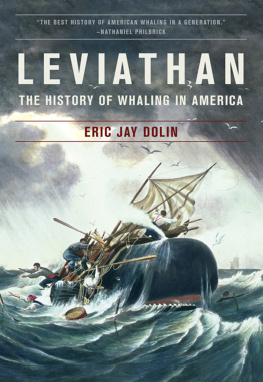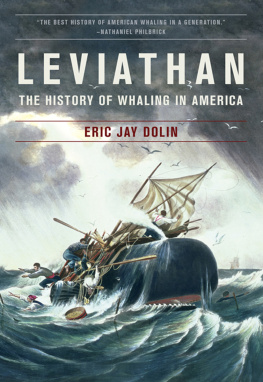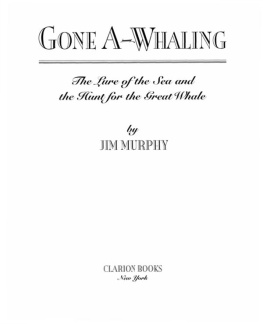The Whaling Issue in U.S.-Japan Relations
A Westview Replica Edition
This book is a Westview Replica Edition. The concept of Replica Editions is a response to the crisis in academic and informational publishing. Library budgets for books have been severely curtailed; economic pressures on the university presses and the few private publishing companies primarily interested in scholarly manuscripts have severely limited the capacity of the industry to properly serve the academic and research communities. Many manuscripts dealing with important subjects, often representing the highest level of scholarship, are today not economically viable publishing projects. Or, if they are accepted for publication, they are often subject to lead times ranging from one to three years. Scholars are understandably frustrated when they realize that their first-class research cannot be published within a reasonable time frame, if at all.
Westview Replica Editions seem to us one feasible and practical solution to the crisis. The concept is simple. We accept a manuscript in camera-ready form and move it immediately into the production process. The responsibility for textual and copy editing lies with the author or sponsoring organization. If necessary we will advise the author on proper preparation of footnotes and bibliography. The manuscript is acceptable as typed for a thesis or dissertation or prepared in any other clearly organized and readable way, though we prefer it typed according to our specifications. The end result is a book produced by lithography and bound in hard covers. Edition sizes range from 300 to 600 copies. We will include among Westview Replica Editions only works of outstanding scholarly quality or of great informational value and we will exercise our usual editorial standards and quality control.
The Whaling Issue in U.S.-Japan Relations
edited by John R. Schmidhauser and George O. Totten III
The controversy over whaling has complicated U.S.-Japan relations and has, on occasion, created tensions and recriminations. A group of eminent U.S. and Japanese scholars examined the problems at issue in a major conference in Tokyo in 1977. This book, the result of that conference, explores the history of the whaling controversy, whaling as a resource, the status of whaling in international law, and the policy alternatives confronting Japan, the U.S., and relevant international organizations.
John R. Schmidhauser and George O. Totten III are professors of political science at the University of Southern California, Los Angeles.
The Whaling Issue in U.S.-Japan Relations
edited by John R. Schmidhauser and George O. Totten III
First published 1978 by Westview Press
Published 2019 by Routledge
52 Vanderbilt Avenue, New York, NY 10017
2 Park Square, Milton Park, Abingdon, Oxon OX14 4RN
Routledge is an imprint of the Taylor & Francis Group, an informa business
Copyright 1978 by Taylor & Francis
All rights reserved. No part of this book may be reprinted or reproduced or utilised in any form or by any electronic, mechanical, or other means, now known or hereafter invented, including photocopying and recording, or in any information storage or retrieval system, without permission in writing from the publishers.
Notice:
Product or corporate names may be trademarks or registered trademarks, and are used only for identification and explanation without intent to infringe.
Library of Congress Catalog Card Number: 78-19222
ISBN 13: 978-0-367-27376-7 (hbk)
The Whaling Issue in U.S.-Japan Relations
George O. Totten III
What has given rise to an international issue, fraught with tensions, between Japan and the United States was perhaps best epitomized by the bumper sticker seen widely in America in 1974-75: "Save the Whales! Boycott Japanese Goods!"
The assumptions behind this emotional controversy is that some species of whales are facing extinction because they are being hunted and killed, that the country engaged in the most whaling, or at least the one consuming the most whales is Japan, that the American government cannot be relied upon to develop a policy accepted internationally to insure the survival of all types of whales, that whales are especially important to have both for the ecological balance of nature and because whales are superior to most other animals (and therefore closer to man) in terms of intelligence and personality.
While there may be more, these are probably the most implicit assumptions. The amount of knowledge and sophistication among those supporting the anti whaling movement undoubtedly varies from those who cannot distinguish either whales or among types of Japanese businesses with regard to their relations to whaling to those who are recognized scientists. Some of the people may be entirely idealistic; others may have ulterior motives, such as wishing to reduce Japanese business competition in order to enable themselves to sell more inferior products. In any case, considering the amount of mass media attention it receives, this movement has been, and still is, vocal and well supported.
Although an in depth study of the extent and composition of this movement is not to be found in this volume, a good deal of material is presented by which one can test a number of the assumptions. For instance, the species of whales that may be endangered and the international measures being taken by members of the International Whaling Commission (IWC), including Japan, to deal with the situation, are discussed. In fact, the past policies of the IWC are reviewed and future international arrangements are proposed. And even the side effects of this movement in terms of attitudes toward Japanese-Americans within the United States are dealt with.
A review of Japanese newspaper editorials and public opinion reveals that a defensive and bitter anti American reaction has taken place in Japan. Japanese culture and historical experience give rise to very different images and conceptions of the whale than from what one finds in the United States. In America the tremendous influence of Herman Melville's novel Moby Dick predisposes Americans to a feeling of guilt with regard to the destruction of whales. This sense of guilt is almost totally absent in Japan, however a novel sympathetic to the cause of whales was recently published. That novel is entitled Kujira no Shimetsu-suru Hi (The Day the Whales are Wiped Out), published by Bungei Shunju in 1972. The author is the well known and gifted Kenzaburo Oe. Also a Japanese rock song about whales learning to fly to escape from the pollution of the seas became popular. And a few, though increasing number of, Japanese conservationists are taking an interest in the whaling issue. But by and large the Japanese regard whales as a kind of fish and have as little emotional concern for them as they (or Americans) do with fish in general. Their concern is rather with the availability of whale meat as an item of food for human consumption, as with any fish.
This Japanese reaction is embittered by the feeling that Americans have a hypocritical, holier than thou attitude on the matter. Many Japanese feel that Americans consider Japanese consumption of whales to be uncivilized and the killing of whales as cruel, while at the same time these same Americans eat more meat than Japanese causing the killing of far more animals. These are conclusions of a survey of the Japanese press made by Yoshinori Hayashi of the Editorial Staff of the Mainichi Newspaper, who wrote a background paper for this study. He went on to report that many Japanese suspect that anti whaling groups that support the boycott of Japanese goods receive funding from American manufacturers who fear Japanese competition in the American market. The Japanese consider whales as an indigenous source of food, reducing their dependence on imports. If they imported more meat, this would drive prices up on the world market. This would increase the problems especially for the poorer countries which do not have sufficient food. The Japanese also fear further unemployment and nonutilization of capital equipment that a reduction or abandonment of whaling would create. Finally, the Japanese public does not believe that whales are endangered but rather that the Japanese whaling industry is looking toward the long term by keeping whale taking well within the limits for natural reproduction.


